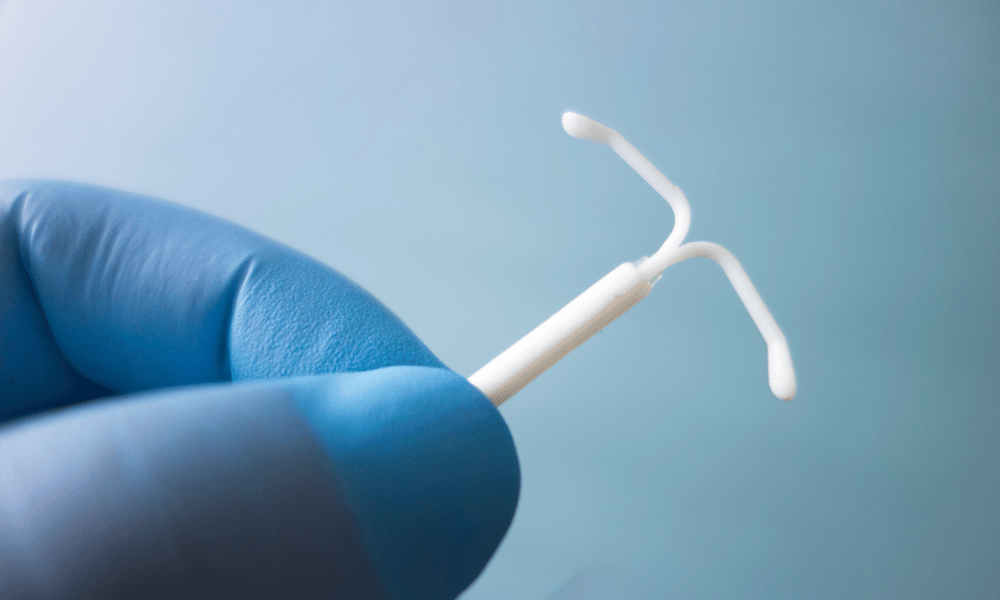
Demystifying IUDs: Intrauterine devices, commonly known as IUDs, have become increasingly popular as a long-term and reversible form of birth control. But how exactly do they work to prevent pregnancy? This comprehensive guide will dive deep into the mechanisms of IUDs, their types, effectiveness, and safety concerns.
Introduction
For those seeking a reliable, long-term, and low-maintenance contraceptive method, IUDs often emerge as a top choice. These small devices, inserted into the uterus, offer up to 10 years of protection against pregnancy1. But what happens within the body that makes them so effective? Let’s delve into the details.
Understanding IUDs: What Are They?
IUDs are small, T-shaped devices placed inside the uterus by a healthcare provider. They come in two primary types: hormonal and copper2.
Hormonal IUDs
Hormonal IUDs, such as Mirena and Liletta, release small amounts of the hormone progestin. This hormone prevents eggs from leaving the ovaries, thus preventing pregnancy3.
Copper IUDs
Copper IUDs, like Paragard, work differently. They don’t release hormones. Instead, the copper component acts as a spermicide, killing sperm before it can reach the egg4.
How Do IUDs Prevent Pregnancy?
The mechanisms of action differ slightly between hormonal and copper IUDs, but the end goal is the same: prevent sperm from fertilizing an egg5.
How Hormonal IUDs Prevent Pregnancy
Hormonal IUDs primarily work by thickening the cervical mucus, which prevents sperm from passing through the cervix and reaching the egg5. Additionally, the progestin hormone inhibits ovulation (the release of eggs from the ovaries), further reducing the chances of fertilization3.
How Copper IUDs Prevent Pregnancy
Copper IUDs function as a spermicide, killing sperm and preventing it from reaching the egg4. If an egg does get fertilized, the IUD may also prevent the fertilized egg from attaching to the uterus wall6.
Safety and Effectiveness of IUDs
IUDs are among the most effective forms of birth control available today. They offer over 99% effectiveness in preventing pregnancy1. Furthermore, because they prevent most pregnancies, women who use IUDs are at a lower risk of having an ectopic pregnancy than other sexually active women7.
Conclusion
In conclusion, IUDs prevent pregnancy through various mechanisms, depending on their type. Hormonal IUDs thicken cervical mucus and inhibit ovulation, while copper IUDs kill sperm and may prevent implantation. With their high effectiveness rate and long-term protection, IUDs serve as a reliable contraceptive option for many women.
FAQs
What are IUDs?
IUDs are small, T-shaped devices placed inside the uterus to prevent pregnancy.
How do hormonal IUDs prevent pregnancy?
Hormonal IUDs prevent pregnancy by thickening the cervical mucus and inhibiting ovulation.
How do copper IUDs prevent pregnancy?
Copper IUDs prevent pregnancy by acting as a spermicide and possibly preventing implantation.
Are IUDs safe?
Yes, IUDs are generally safe and highly effective. They also reduce the risk of ectopic pregnancy.
How effective are IUDs at preventing pregnancy?
IUDs are over 99% effective at preventing pregnancy.
